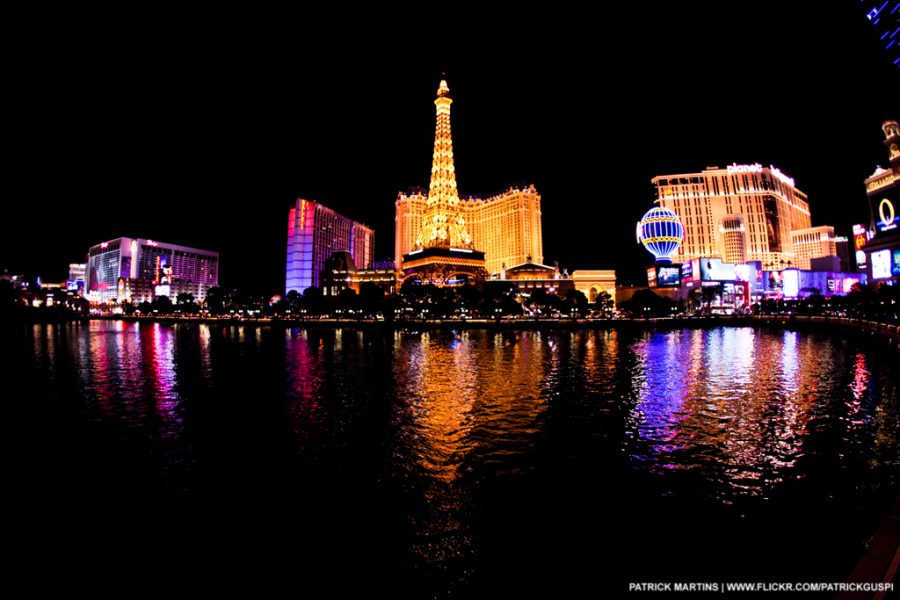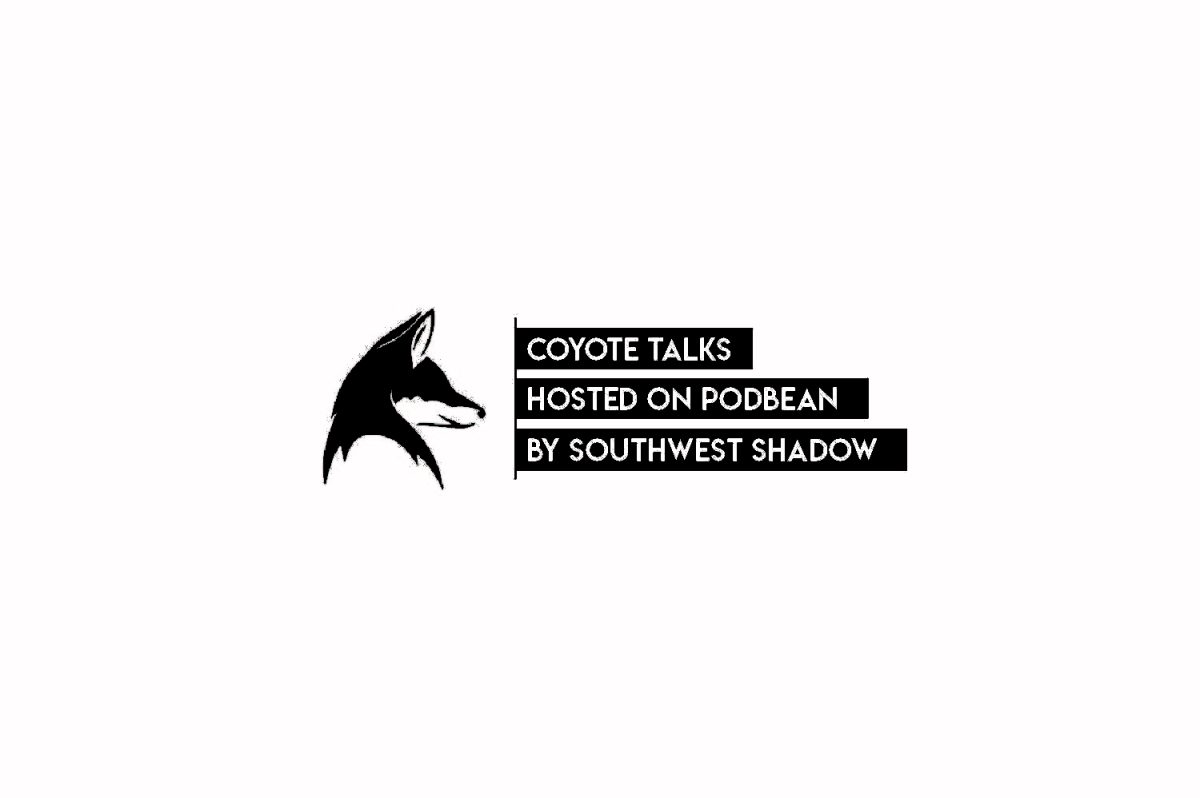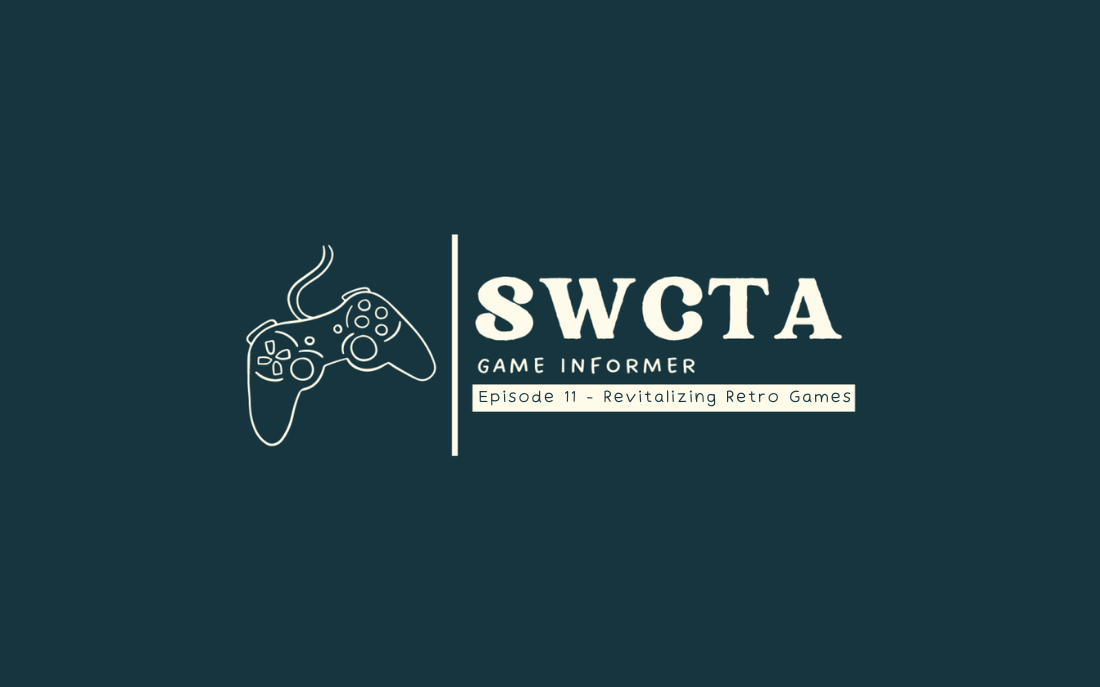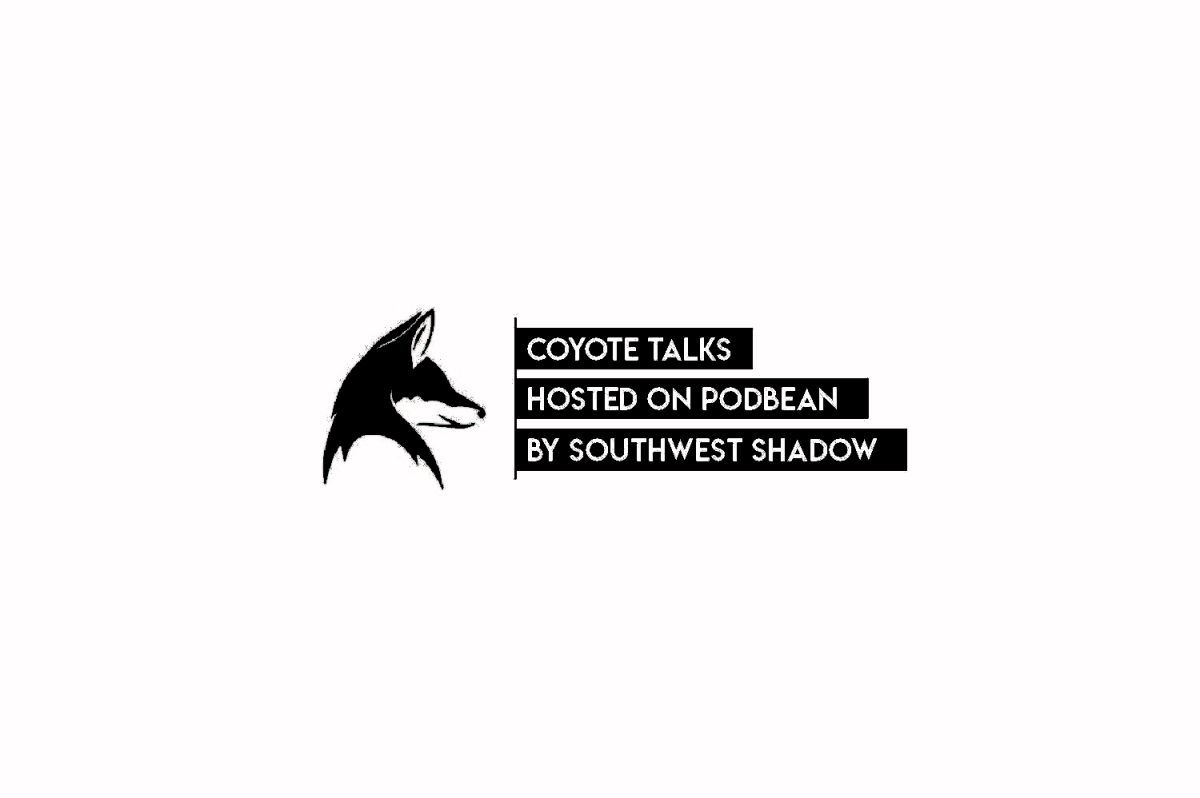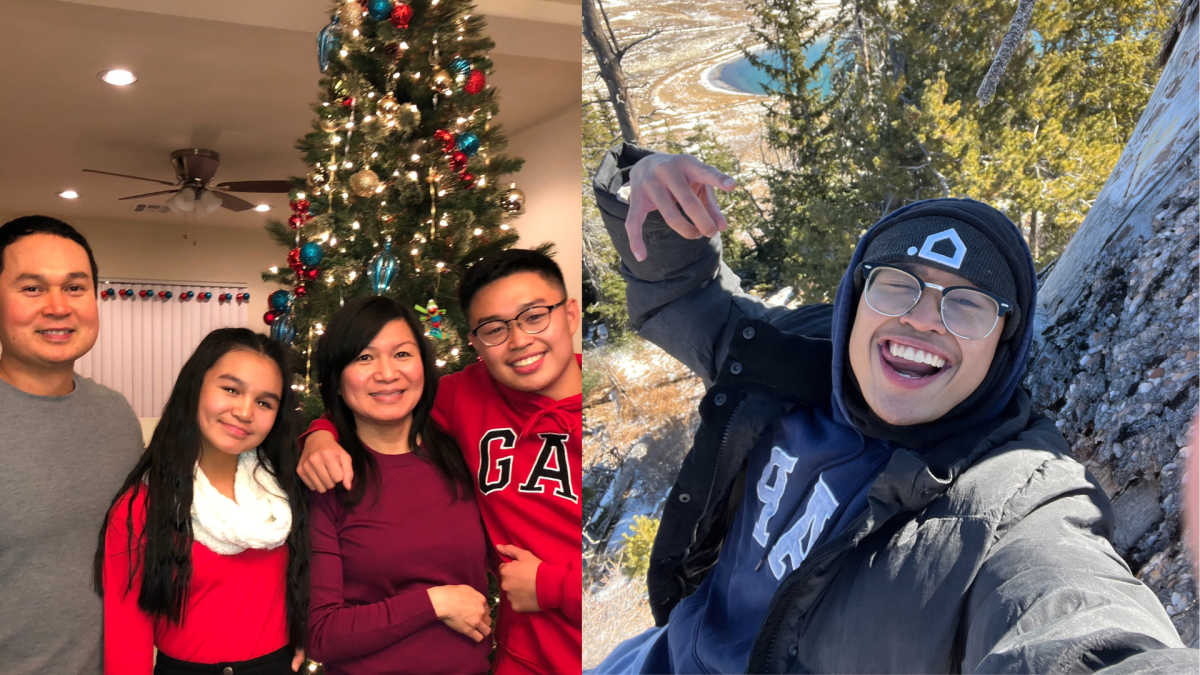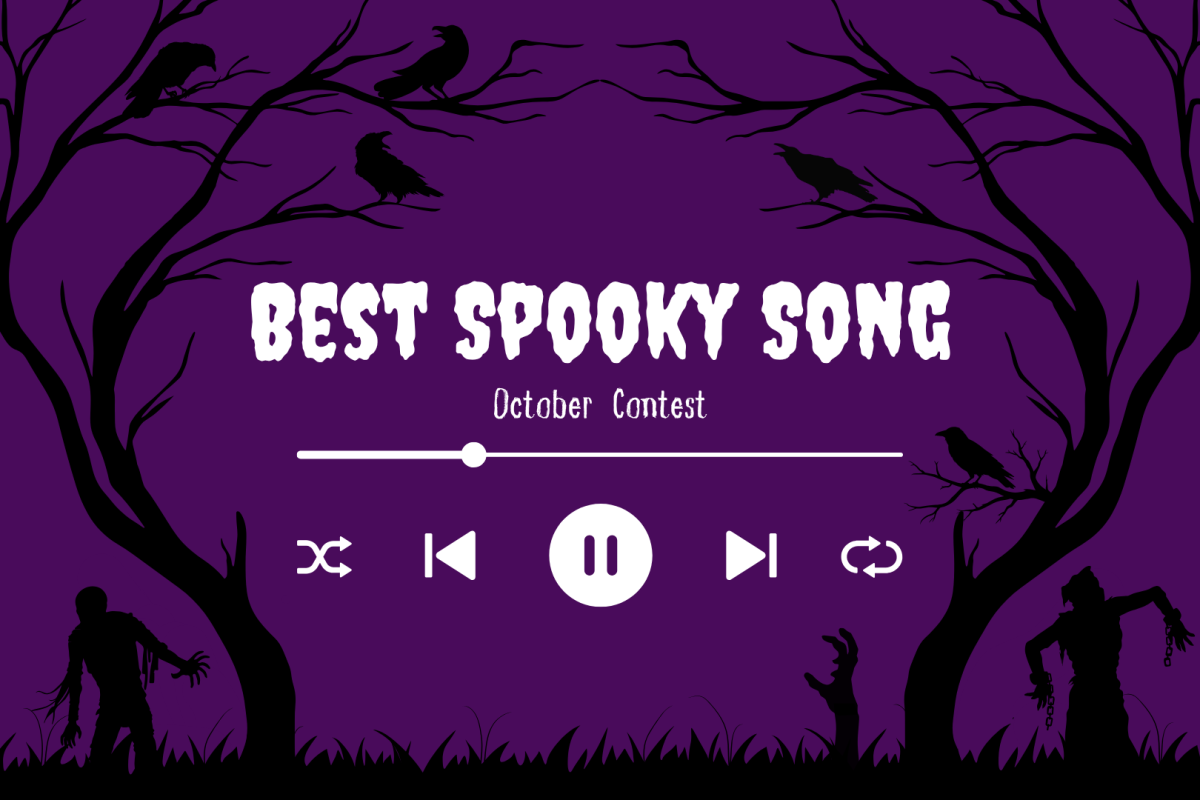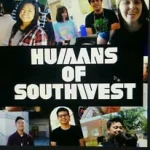COVID-19’s Long Lasting Impact on Vegas
A look at the pandemic effects on Vegas’ tourism industry
“Las Vegas, NV” by Patrick Martins. is licensed under CC BY-NC-SA 2.0 .
March 2, 2021
The coronavirus pandemic brought with it a global economic downturn. As countries closed off international transportation and enforced requirements for citizens to stay at home, certain resource consumption plummeted and many jobs became either impractical or impossible to remotely perform.
“My mom and a lot of her friends were hit financially because of COVID-19,” junior Fabian Kalandos said. “Some of them actually got the virus which put them out of work, but most of them just didn’t have much of a job anymore since no one was showing up at casinos.”
Certain industries and economies fared better than others. Tourist economies were among the most heavily impacted, with international tourism being stopped and intranational tourism potentially being limited or stopped.
“My mom works as part of a bridal service and she recently hasn’t been able to get any clients to actually work for,” Kalandos said. “Even though her job didn’t entirely rely on tourism, the pandemic still makes the kind of parties you’d see at weddings really hard.”
Las Vegas’ tourism and gaming are a major part of its economy, with 20 percent of its total direct economic output as a result of its tourist activity. Thousands of citizens had jobs in hospitality and service which in some cases were threatened by pandemic restrictions.
I hope for the best when it comes to families who lost jobs as a result of the virus.
Nevada set a new record with more than 92,000 unemployment claims the week after the state shut down, with the Economic Policy Institute predicting unemployment reaching nearly 20 percent by summer. Casinos, one of the largest money makers in Las Vegas, massively dropped in profitability leading to layoffs and limited working hours.
“My parents both work in the medical field so luckily the pandemic hasn’t hurt them financially or anything,” junior David Eliziga said. “I personally know a lot of families who have been though, especially as the pandemic got worse a lot of parents lost their jobs working at casinos.”
All we can really do is hope for the best and that the vaccine helps as many people as soon as it can.
The impacts of the economic recession will still have effects in the following years. According to the Brookings institution, “people of color—especially Hispanic or Latino workers—are more likely to be unemployed in general and because of COVID-19, more likely to live in the key metro areas disproportionately hit by the recession.” These workers are more likely to have significant issues with finding employment even in the months following the end of travel restrictions.
“I imagine that COVID-19 hit certain ethnic groups harder than others, making already bad financial situations worse with stuff like layoffs,” Eliziga said. “I hope for the best when it comes to families who lost jobs as a result of the virus.”
While the coronavirus vaccines won’t provide instant economic relief, as more people are vaccinated economies will incrementally return back to pre-covid levels. Some economists predict that by the winter of 2021 travel and work restrictions will be either lifted or loosened.
“All we can really do is hope for the best and that the vaccine helps as many people as soon as it can,” Kalandos said. “I’m sure things will get back to normal soon enough, but I feel that the pandemic or the effects of it will stay in a lot of people’s minds for a long time.”

